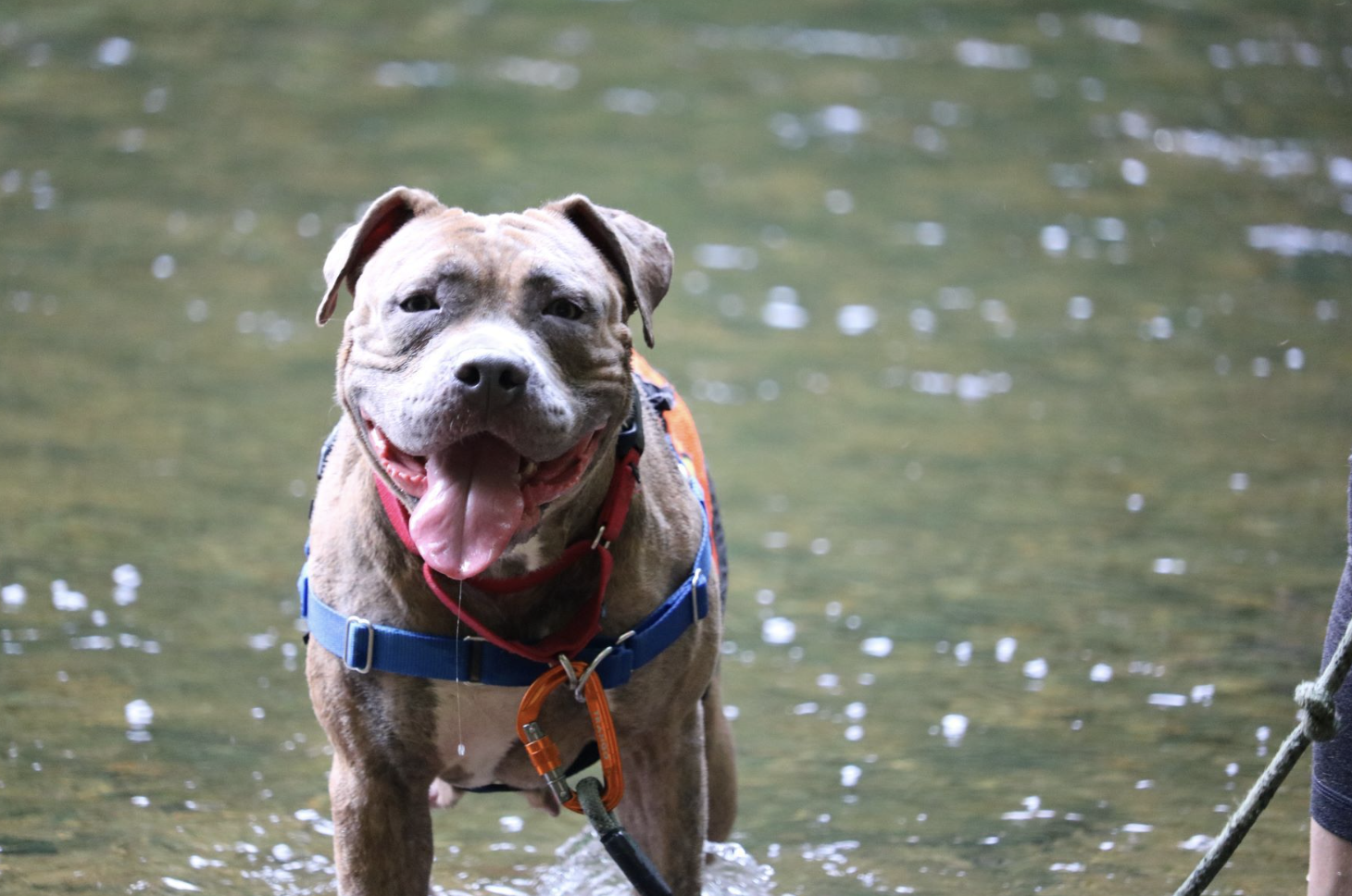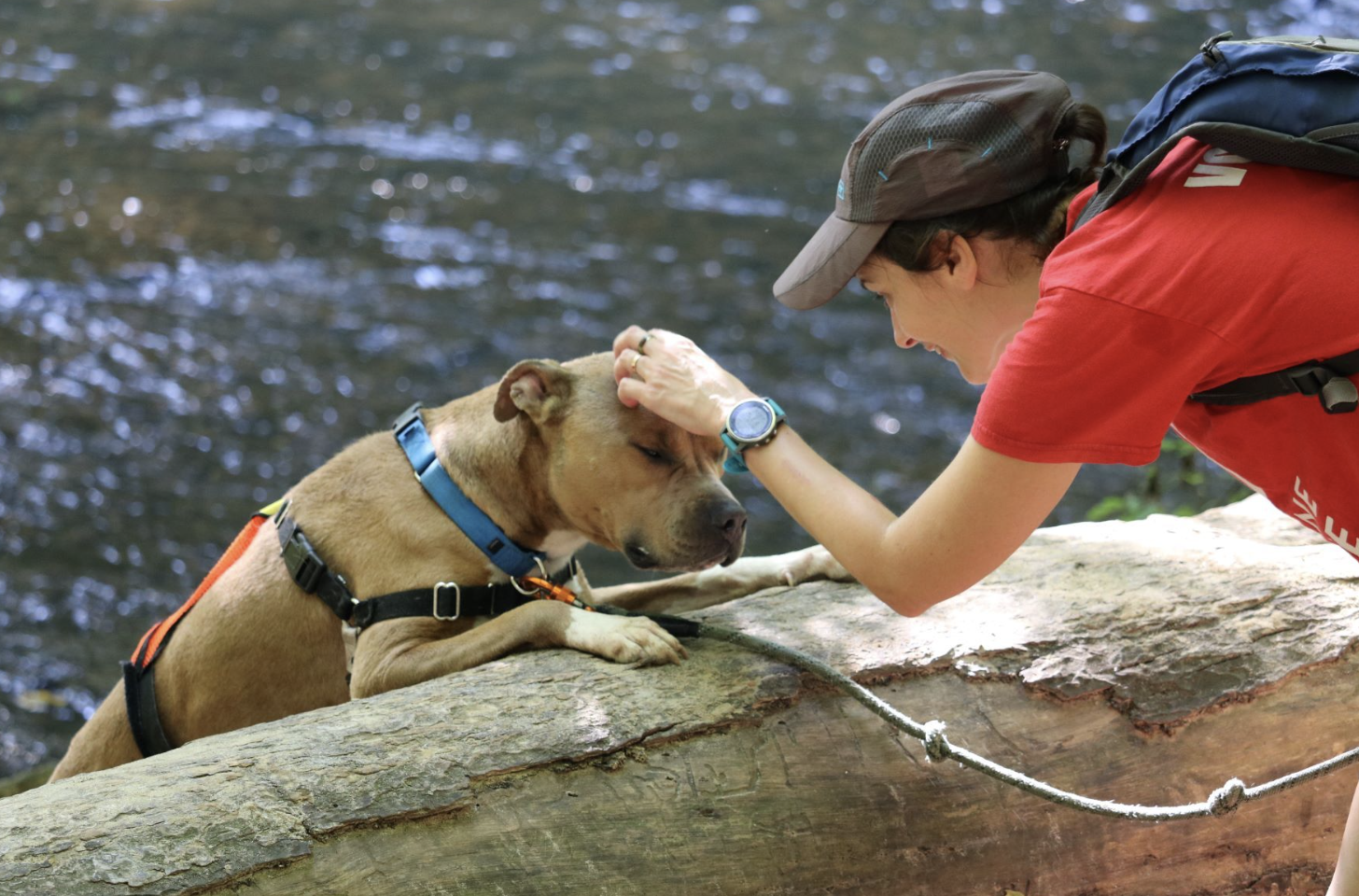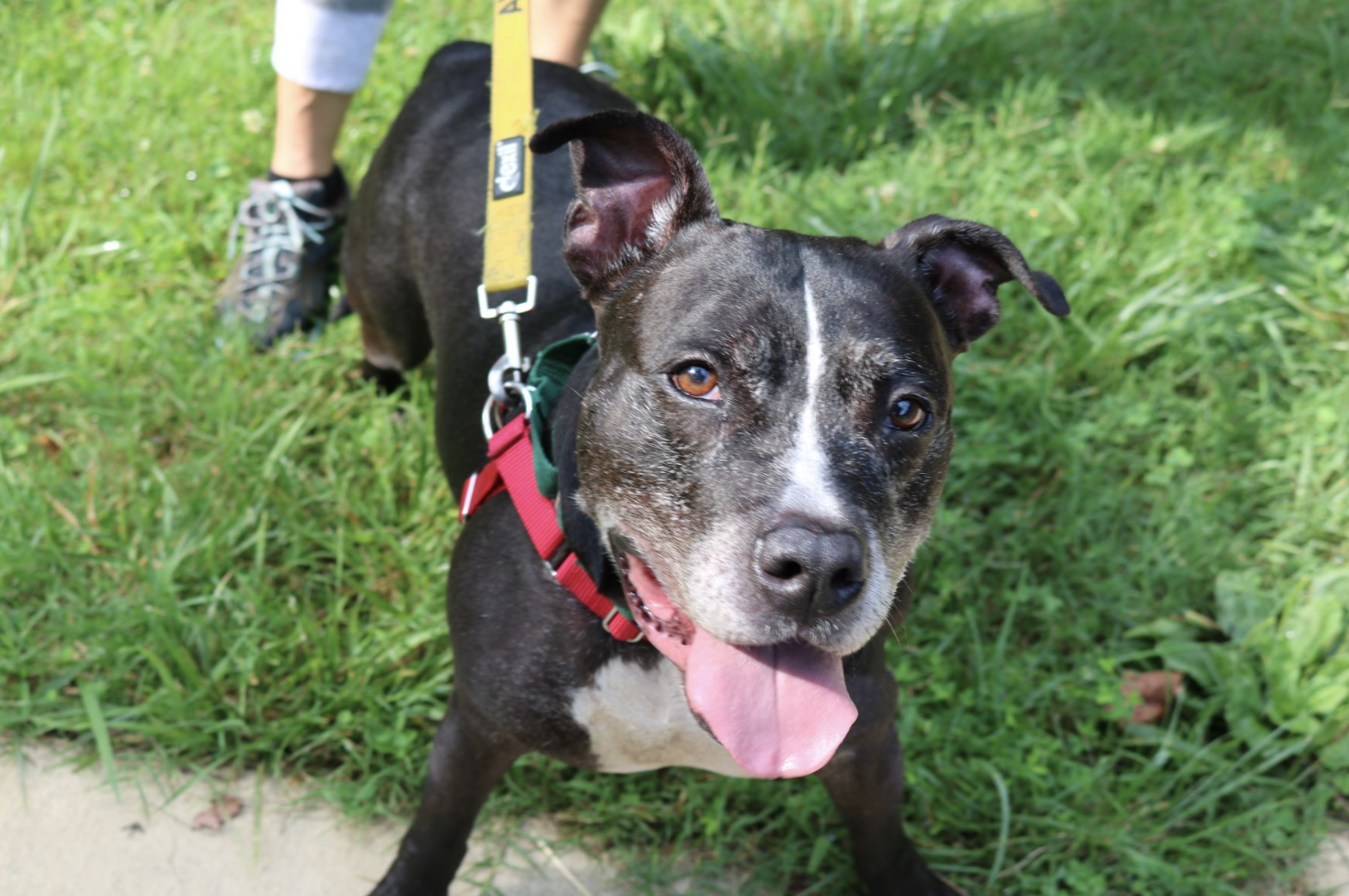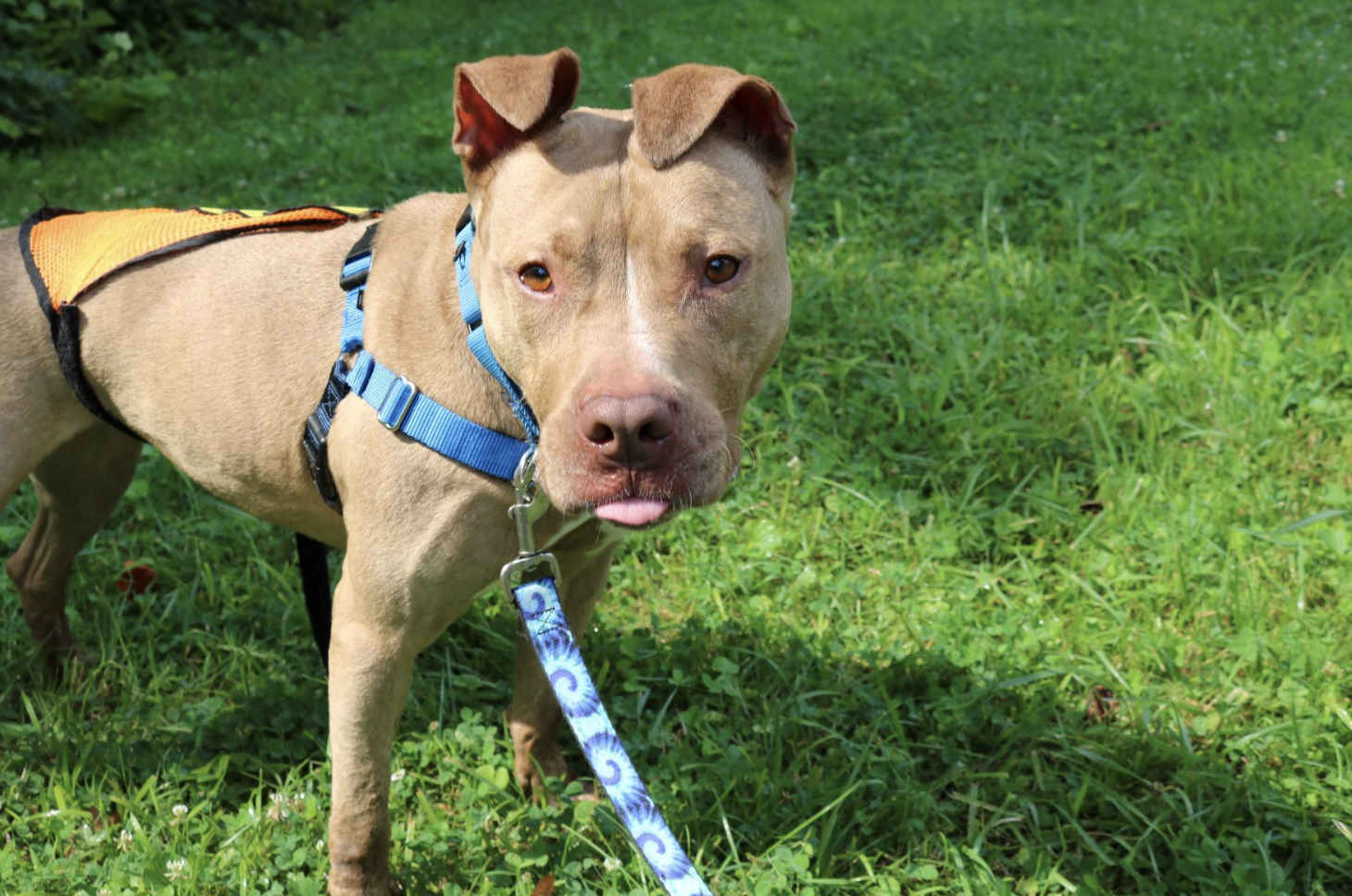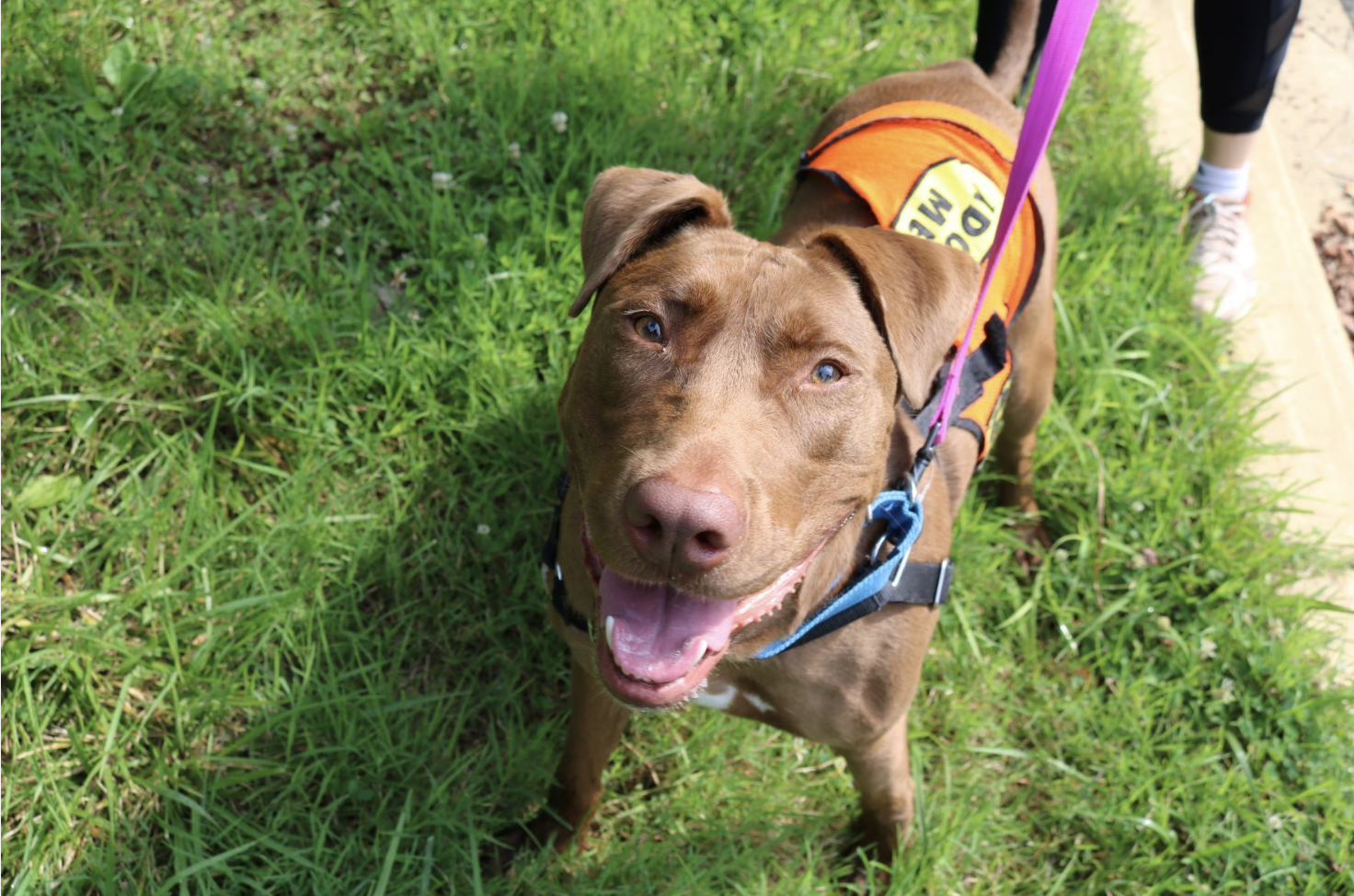Having filled its last dog kennel, the Humane Rescue Alliance (HRA) is “desperately” asking able Washingtonians to adopt or foster an animal.
As an open-access shelter, HRA never turns away animals—even when at capacity—which makes the situation all the more crucial, says Ashely Valm, director of adoptions at the Humane Rescue Alliance.
“We’re taking in on average 250 animals every week and we’re only getting about 115 adopted every week, so the math is just not working out,” says Valm, adding that the shelter has begun setting up crates for dogs as a temporary solution.
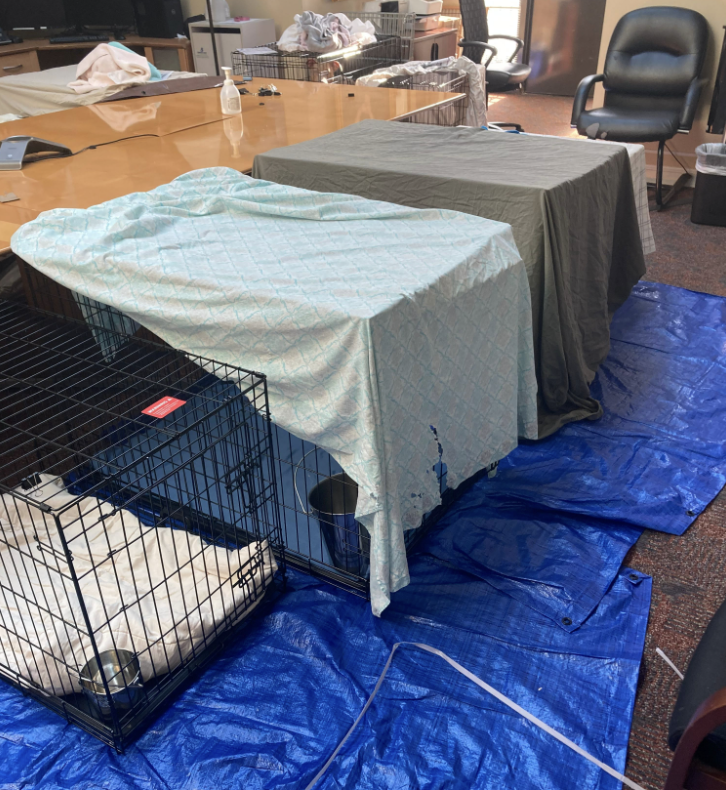
According to Valm, a combination of factors have led to unusually high intake and low adoption rates at the moment. For one thing, it’s summertime: “People are on vacation or they’re getting ready to send their kids back to school,” says Valm, so adopting a pet isn’t top of mind.
Also, says Valm: “It’s just after the first of the month, so evictions have started back up, and we’ve definitely had some intake where there were landlord issues. We also often will see a lot more strays around big travel times, because pet-sitters sometimes lose track of an animal, and generally people and animals are outdoors more.”
And while these situations do happen every so often, she says that the current one is unusually urgent.
“We’re not entirely sure what all the causes are that are coming together right now; we’re just trying to do what we can,” says Valm, who adds that none of the dogs are among the 4,000 beagles rescued from an inhumane Cumberland, Virginia, breeding facility in July.
If you’re interested in adopting, she says the first step involves a visit to the shelter’s physical location at 71 Oglethorpe Street, NW, where you can meet adoptable dogs, cats, and small animals in person: “Come in, have a look around—we do same-day adoptions.” There is currently a “name your own adoption fee” special for dogs over 30 pounds, too.
Meanwhile, those interested in fostering can begin by filling out a form here. And, of course, donations are always welcome, says Valm.
“We’re really trying to hustle on getting adopters and fosters in here, so that we don’t have to use those crates,” she says. “We never turn away animals that come to us in need—we are always going to find any way we can to help. But now we’re turning to the community and saying, ‘Okay, now we need your help.’ ”
